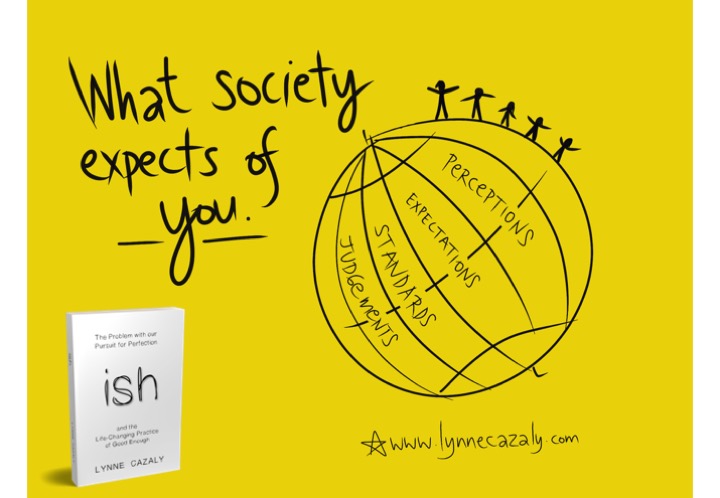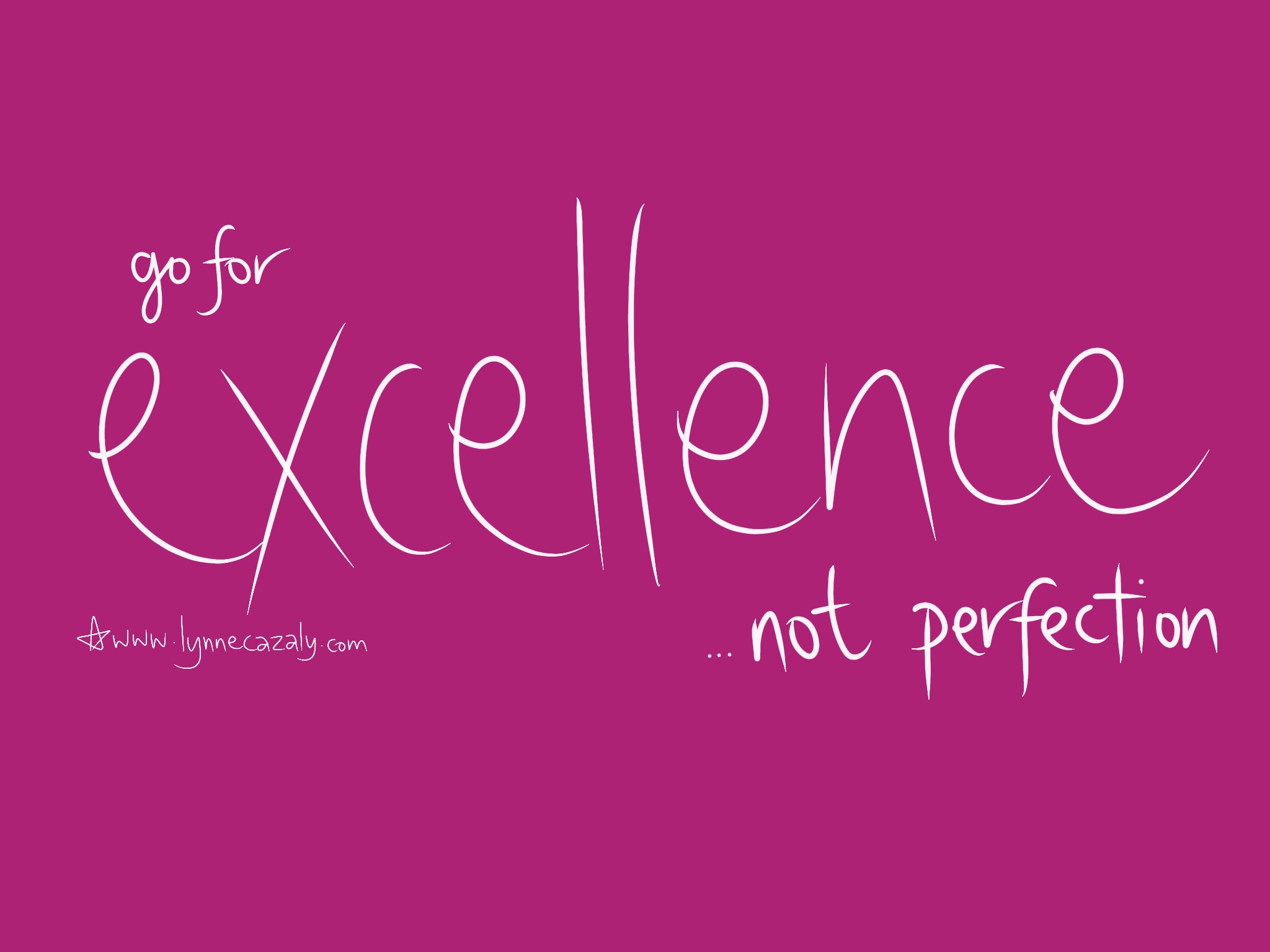What society expects of you
 Wednesday, July 17, 2019 at 9:36AM
Wednesday, July 17, 2019 at 9:36AM  In recent posts I’ve mentioned the expectations we can have:
In recent posts I’ve mentioned the expectations we can have:
- of ourselves
- of others.
There’s a third. It’s what we perceive society expects of us.
- Society ... you know, other people. Them. Those people over there.
We can worry a lot about what people think of us. What will they say? How will they perceive us? These worries can become huge filters, censors and constraints to our thoughts and behaviour. They can cause us unnecessary doubt and make us procrastinate, second guess ourselves and reject some of the great things we attempt.
We can also worry that we ‘should’ be doing better ... or more or higher or faster or longer or neater or cleaner, than we are.
These are the three types of perfectionism and expectations, all on the increase in the world right now:
- Of ourselves
- Of others
- What society expects of us.
All of this pressure, piling up, making us overthink, overwork, lose sleep and get stuck.
Next time you feel stuck or find yourself judging your work or ideas, check in on which of these three types of perfectionism could be at play. 'Seeing it' is the first step to finding ways around it.




















